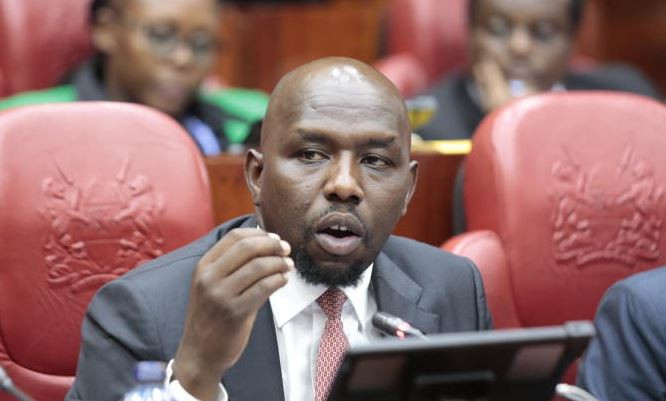Village elders take centre stage in Kenya’s new governance plan

Officials say this collaborative method was chosen to ensure the final policy reflects the lived experiences and expectations of grassroots communities.
For years, village elders across Kenya have upheld community values without recognition, pay, or official status.
But under a new policy drive, the government is laying the groundwork to bring these leaders into the national governance framework.
Through two key draft documents, the National Government Village Elders Policy and the National Government Coordination (Administrative Units) Regulations, 2025, the Ministry of Interior has begun a public consultation process aimed at giving elders formal responsibilities and institutional support.
The move has been hailed by Interior Cabinet Secretary Kipchumba Murkomen as "a transformative milestone in Kenya’s journey towards devolved governance."
He explained that the goal is to strengthen public service delivery by giving elders a recognised role in administration.
Under the proposed framework, elders will not only continue to promote peace and uphold cultural values in their communities, but also take on new tasks.
These include keeping records of local incidents, promoting civic knowledge, and acting as intermediaries between citizens and government.
The policy will also introduce eligibility requirements and training programs to ensure elders are prepared for their expanded roles.
Interior Principal Secretary Raymond Omollo stressed the importance of this shift, describing elders as “the invisible thread that holds society together.”
He said it was time for Kenya to give them the official status they deserve, after decades of working in silence.
The policy process has been described as people-centred and inclusive, with consultations held among citizens, Nyumba Kumi officials, religious groups, community organisations, civil society, and security agencies.
Officials say this collaborative method was chosen to ensure the final policy reflects the lived experiences and expectations of grassroots communities.
Another major element of the policy is the mapping and gazettment of villages—something that has never been done at scale.
This step is expected to provide much-needed structure to local administrative units, giving village elders clear jurisdictions and helping the government coordinate support more efficiently.
Article 6(3) of the Constitution obliges the state to ensure equal access to services across the country.
According to Murkomen, recognising village elders is one way to fulfil that constitutional requirement. "It is about acknowledging the people who, for years, have done the work of nation-building without demanding the spotlight," he said.
